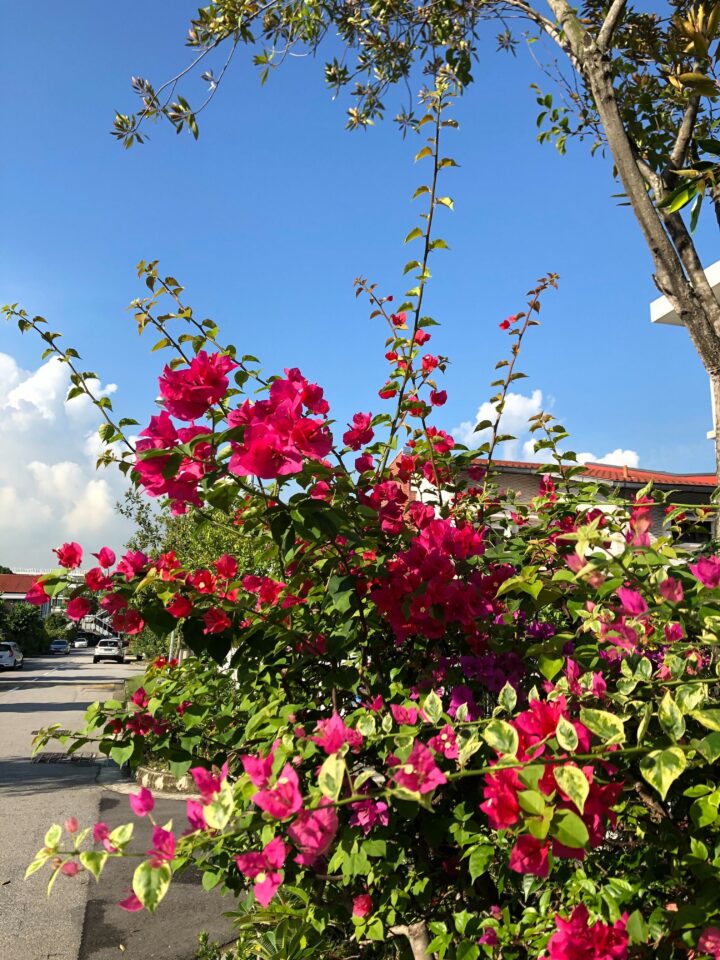
海外からコラム発信
うれしい銅メダル(250824)

今年、フランスで開催されたオリンピックにおいて、日本は20個の金メダルを獲得し、世界で3位という素晴らしい成績を収めました。
しかし、この偉業の影には、判定に対する疑惑や選手への誹謗中傷が存在し、スポーツマンシップに反する行動も見受けられました。
このような状況の中で、柔道と剣道の考え方の違いが明らかになりました。
剣道は、勝利やメダルの獲得を最優先にせず、精神的な向上と武道の本質を重んじるため、オリンピックへの参加を選ばないという姿勢を貫いているそうです。
ここには、他者との比較に依存しない「真の幸せ」や「武道の本質」を追求する姿勢が映し出されています。
この考え方を踏まえると、人間にとっての幸せとは何かを考えることが重要です。
たとえば、銅メダルを獲得することは幸せでしょうか、それとも金メダルを逃したことに対する失望でしょうか。
もし金メダルだけが成功の証とされるのであれば、銅メダルは悔しさや後悔の対象となりかねません。
しかし、競技そのものが好きで、毎日の成長を楽しみ、その経験に幸せや生きる意味を見出している場合、銅メダルはその幸せな生き方の副産物にすぎないのです。
それはエキストラのご褒美のようなものであり、たとえメダルがなくても、自分の成長や経験に満足し、幸せを感じることができるでしょう。
真の幸せとは、他者との比較や評価に左右されるものではなく、自分自身の成長や経験を楽しむことにあります。
たとえば、ラグビーやブレイキングダンスの試合後に、選手たちが互いを称え合い、友情を深める姿は、順位や勝敗以上に大切な価値があることを示しています。
これは、自分の目指すものや、積み重ねてきた経験とそれに伴う人間関係を重視する姿勢です。
子どもの教育でも同様に、評価や競争が楽しくなければ、その意義は薄れます。
自ら学び、研究し、体験することに喜びを見出し、それに集中することが真の幸せにつながります。
他者との比較に重きを置くのではなく、自己の価値観を育て、自分なりの幸せを見つけることが大切です。
受験でさえ結果だけで幸せや不幸が決まるわけではなく、合否をどう受け止め、未来にどう生かすかが重要です。
どんな結果でもそれを楽しみ、次のステップへ進む姿勢が、新たな成長と幸せをもたらすのです。
失敗があっても、それを糧に挑戦し続けることで、人生はより豊かなものとなるでしょう。
結果だけを追い求めるのではなく、その過程を楽しみ、経験を積み重ねることが、その子どもの才能を伸ばし、真の幸せと成功への唯一の道だと思います。
Bronze medal (250824)
At the Olympic Games held in France this year, Japan won 20 gold medals and finished third in the world.
However, behind this feat was suspicion of the decision, slander against the players, and unsportsmanlike behavior.
In this situation, the difference in thinking between judo and kendo became apparent.
Kendo does not prioritize winning or winning medals, but instead values mental improvement and the essence of martial arts, so he adheres to the attitude of not choosing to participate in the Olympics.
This reflects the attitude of pursuing ‘true happiness’ and ‘the essence of martial arts’ that does not depend on comparison with others.
With this in mind, it is important to think about what happiness means to human beings.
For example, would you be happy to win a bronze medal or be disappointed to miss out on a gold medal?
If a gold medal is the only sign of success, then a bronze medal can be an object of frustration and regret.
But if you love the sport itself, if you enjoy growing every day, if you find happiness and meaning in life in the experience, then a bronze medal is just a byproduct of that happy way of life.
It’s like a reward for an extra, and even if you don’t have a medal, you’ll feel satisfied and happy with your growth and experience.
True happiness is not dependent on comparison or evaluation by others but on enjoying one’s own growth and experiences.
For example, players congratulate each other and develop friendships after a rugby or break dance match, showing there is more to it than standings or wins or losses.
This is an attitude that emphasizes what you are aiming for, the experience you have accumulated, and the relationships that come with it.
Similarly, in children’s education, if evaluation and competition are not fun, their significance will be diminished.
Finding joy in learning, researching, and experiencing on one’s own, and focusing on it leads to true happiness.
Instead of focusing on comparing yourself to others, it is important to cultivate your own values and find your own happiness.
Even in exams, happiness or unhappiness is not determined by the results alone, but how you perceive passing or failing and how to make use of them in the future is important.
The attitude of enjoying any outcome and moving on to the next step will bring new growth and happiness.
Even if you make mistakes, your life will be richer if you continue to challenge yourself with them.
I believe that enjoying the process and accumulating experience is the only way to develop the child’s talents and lead to true happiness and success, rather than just pursuing results.

